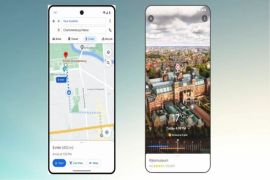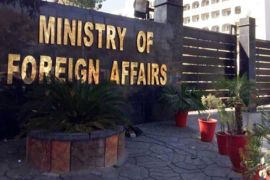A 20-year-old Chinese student has been sentenced to a year in prison in the United States after being caught last year taking photos of a secure naval base in Florida.
Zhao Qianli pleaded guilty to one charge of photographing defense installations, but claimed that he had done so by mistake, presenting himself as a tourist who got lost on a trail before ending up inside the Naval Air Station Key West.
However, prosecutors dismissed the possibility that Zhao was simply a lost tourist, pointing out how he had gained entrance to the facility by wading into the water and going around a fence marked with signs reading “Restricted Area” and “Keep Out.” In addition, there were no photos of typical tourist spots on Zhao’s camera or smartphone, only images of satellite dishes and antennae inside the base.
Zhao, a musicology student at the North University of China, came to the US for a summer exchange program. After finishing his studies, he took a flight to Miami before continuing on to Key West, entering the naval base on September 26th.
According to the Miami Herald, during his trial, Zhao’s defense attorney brought up the case of Otto Warmbier, a comparison that the judge did not appreciate. Zhao was given the maximum sentence by the judge.
His sentencing comes less than a week after US intelligence agencies issued a report warning that China is using student spies to steal secrets. Over the past year, American authorities have been increasingly raising the alarm that some of the 350,000 Chinese students studying in the US are engaged in espionage.
Last February, FBI director Chris Wray called Chinese students part of a “whole of society” threat to the US during an open Senate Intelligence Committee hearing. It was even reported that Donald Trump had considered a ban on all Chinese students. In the end, the White House instead instituted new rules in June which shortened the length of visas for Chinese graduate students studying in “sensitive” fields like robotics, aviation, and high-tech manufacturing.







